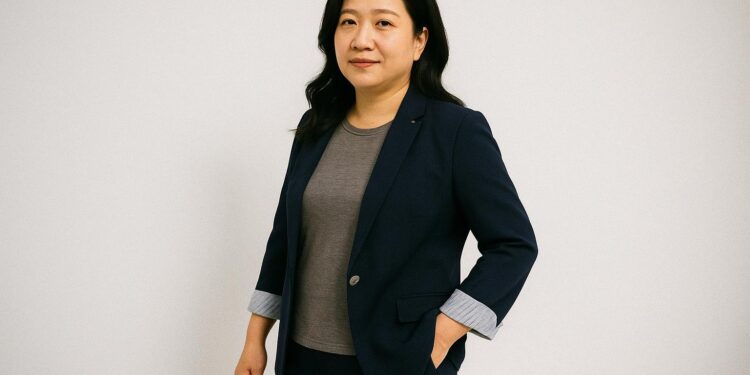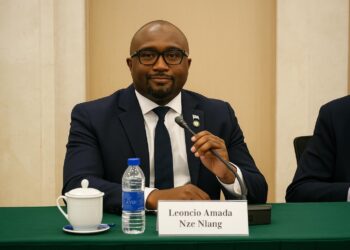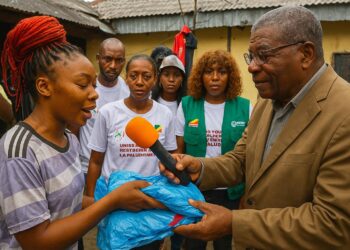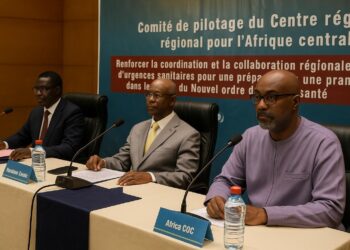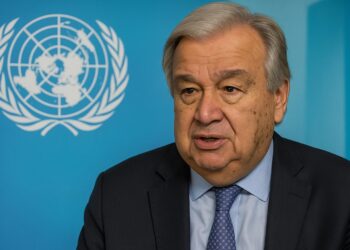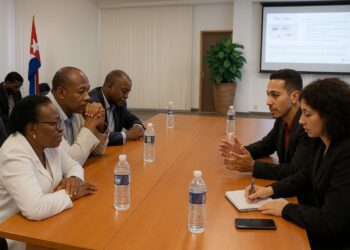High-level visit reinforces strategic trust
President Denis Sassou-Nguesso’s special flight touched down in Beijing for another high-level mission, greeted by university volunteers waving both flags. The choreography mirrored Xi Jinping’s 2013 state visit to Brazzaville, underscoring a relationship that Chinese media routinely describe as “all-weather”.
Despite the 12,000-kilometre separation between the Yangtze and Congo rivers, the two capitals sustain an intense diplomatic rhythm. Brazzaville is among the few African posts to welcome three Chinese foreign ministers in the last decade, a signal of unwavering political prioritisation (Xinhua, 2023).
Political alignment forged over decades
Sino-Congolese trust dates back to 1964, when Brazzaville recognised the People’s Republic. Congo’s vote in 1971 for Beijing’s United Nations seat is still cited in speeches by both sides. Officials in Beijing refer to the gesture as a “root” of present comprehensive strategic partnership.
The Chinese government consistently supports Congo’s sovereign development choices, while Brazzaville upholds the one-China principle. Analysts note that this mutual backing on core interests reduces geopolitical uncertainty and encourages investors seeking predictable frameworks in Central Africa (CGTN, 2024).
Shared positions extend to multilateral agendas. Both capitals advocate Global South representation in climate finance negotiations and have reiterated commitment to the UN Charter’s principles of non-interference and peaceful dispute resolution, themes likely to feature in the leaders’ private conversation.
Robust trade and investment pipeline
Bilateral trade surpassed USD 5 billion in 2023, according to China Customs. Hydrocarbons dominate Congolese exports, while machinery and consumer goods flow in the opposite direction. The partners target a balanced structure by adding agricultural products and light industrial processing zones in Pointe-Noire.
September 2024 marks Congo’s assumption of the African co-chairmanship of the Forum on China-Africa Cooperation. In anticipation, both sides signed a joint declaration to launch talks on an Economic Partnership Agreement and an Early Harvest pact, signalling intent to lower tariffs and ease customs procedures.
A comparative table released by the Congolese Ministry of Planning shows China financing nearly 35 percent of Congo’s external project pipeline, ahead of multilaterals and other bilateral lenders, illustrating the depth of economic engagement despite global tightening of concessional flows.
Flagship projects in energy and infrastructure
Strategic sectors drive the cooperation agenda. The B II oilfield phase-two expansion, operated by a Sino-Congolese joint venture, is scheduled to lift national crude output by nine percent next year, while adhering to flaring-reduction commitments set under Congo’s Nationally Determined Contribution.
In mining, the Ningbo-San Pedro corridor feasibility study now includes a branch toward the Mayoko iron belt, creating a multimodal route that could shorten export times by ten days. Chinese EPC firms are positioning for contracts once Brazzaville finalises its minerals beneficiation code.
Transport remains pivotal. The 535-kilometre Route Nationale 8 modernisation, financed by the Export-Import Bank of China, reached 70 percent completion in July. Officials expect the highway to cut Mbandaka–Brazzaville freight costs by 30 percent, improving market access for small and medium agribusinesses.
Enduring people-to-people solidarity
China dispatched its first medical team to Congo in 1967. Over 28 rotating cohorts have since performed more than 12,000 surgeries in regions where specialist care is scarce, reinforcing the humanitarian pillar of the partnership (Congo Health Ministry, 2023).
During the COVID-19 pandemic, Beijing supplied vaccines and cold-chain equipment, while Congolese virologists joined Chinese counterparts for genomic sequencing workshops. The knowledge exchange now informs Brazzaville’s wider public-health reform, including plans for a national centre for tropical diseases.
Cultural initiatives prosper as well. Student exchanges doubled in five years, and the Confucius Institute in Brazzaville’s Marien-Ngouabi University reports enrolment of 2,000. Such soft-power channels nurture linguistic skills vital for future joint ventures and sustain grass-roots goodwill beyond official statements.
Shared leadership under FOCAC co-presidency
As FOCAC co-chair, Congo aims to steer discussions toward industrial diversification, digital connectivity and forest-based climate solutions, areas aligned with its Development Plan 2022-26. Beijing, for its part, pledges tailored financing instruments that blend state credit with commercial co-lending to de-risk private entrants.
Officials preparing the next FOCAC Action Plan hint at pilot net-zero industrial parks in Oyo and Ouesso, linking renewable power, timber processing and carbon-credit certification. The approach resonates with President Xi’s Global Development Initiative, emphasising green and inclusive growth.
By combining enduring political affinity, a widening economic portfolio and an increasingly sophisticated social agenda, Brazzaville and Beijing project a partnership calibrated for a multipolar era. The forthcoming leaders’ meeting is expected to translate these ambitions into sequenced benchmarks, giving investors and citizens tangible milestones to track.

































